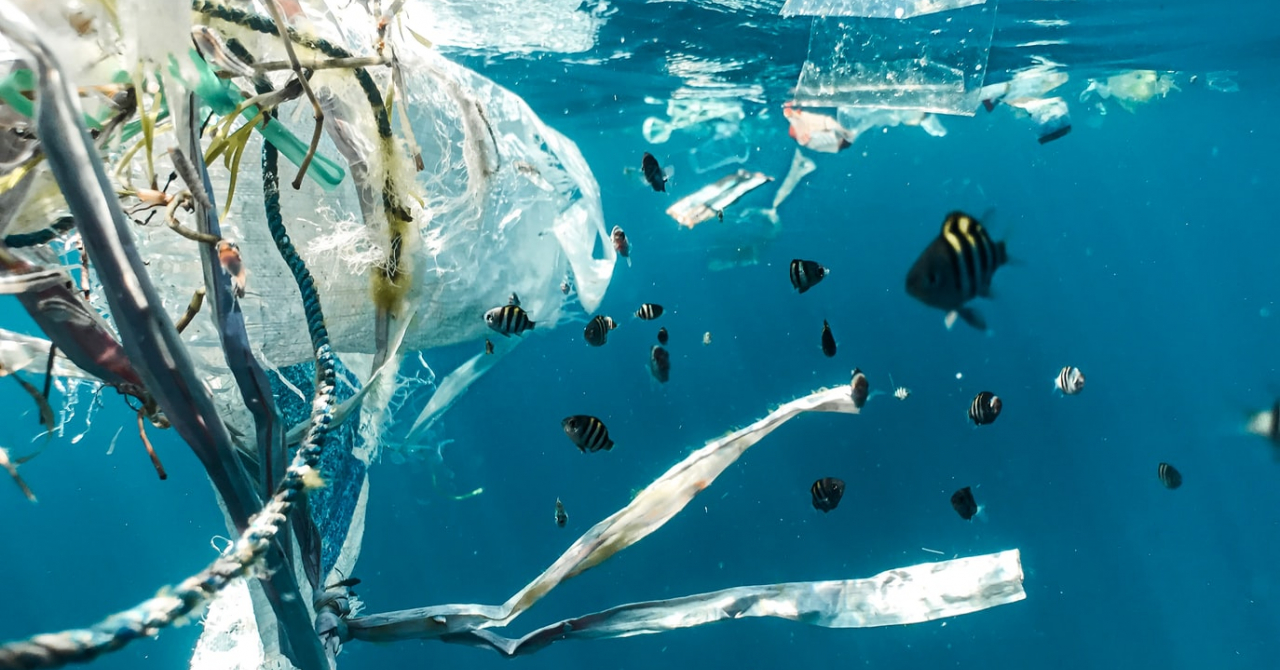In an alliance with partners from all continents, the EU will seek to secure the launch of negotiations for a new legally binding global agreement on plastics, according to a press release.
The EU will also aim to create a Science-Policy Panel for Chemicals, Waste and Pollution, to reinforce scientific advice to the global community in a similar way as the Inter-governmental Panel on Climate Change.
A final objective will be to reach an agreement on a definition of the concept of nature-based solutions, decisive ahead of COP15 under the Convention on Biological Diversity.
“Our planet faces the triple crisis of climate change, biodiversity loss and pollution. The EU is not only addressing it at home, but is building alliances on the international stage as we need to tackle these global challenges together. I am going to Kenya to secure key EU priorities, especially launching the negotiations for a new global agreement on plastics. We already have over 140 partners on board and I am confident the international community will step up. Collectively we can have real impact and that is what I am hoping for at the UN Environment Assembly”, said Virginijus Sinkevičius, the EU Commissioner for Environment, Oceans and Fisheries, the union’s representative at the United Nations Environment Assembly in Kenya.
Every minute, the equivalent of one garbage truck of plastic is dumped into the ocean.
This marine litter and plastic pollution endangers aquatic life, threatens human health and results in myriad hidden costs for the economy. Such a global threat requires a global response, and United Nations Environment Assembly (UNEA 5.2) is an important stage for governments and policymakers to catalyse change.
The EU's key negotiating objectives include:
- Establishing an international negotiating committee for a legally binding global agreement on plastics. The EU aims for an agreement that takes a circular, life-cycle approach to plastics as outlined in the Circular Economy Action Plan. Given the global nature of plastic pollution, only coordinated efforts at global level are an effective way to address this problem.
- Creating a Science-Policy Panel for Chemicals, Waste and Pollution, which will provide similar support in dealing with these problems as the IPCC, IPBES and IRP provide, respectively, to climate, biodiversity and natural resource policies.
- Defining and promoting nature-based solutions. Nature–based solutions are actions to protect, sustainably manage, and restore natural and modified ecosystems. They simultaneously provide environmental, social and economic benefits and help build resilience. Currently, the lack of an internationally agreed definition of nature–based solutions hampers progress in various negotiation processes and can lead to ‘greenwashing' and wrong classification of activities. The EU will be working for a common definition which would facilitate discussions at COP15 and in other UN settings, such as the UN Climate Convention.
The United Nations Environment Assembly is the world's highest-level decision-making body on the environment. It meets every two years. Hosted by the UN Environment Programme, the United Nations Environment Assembly brings together representatives of the 193 Member States of the UN, businesses, civil society and other stakeholders to agree on policies to address the world's most pressing environmental challenges. The EU participates in the Assembly alongside its Member States, in line with UNGA Resolution A/65/276.
 Oana Coșman
Oana Coșman












Any thoughts?